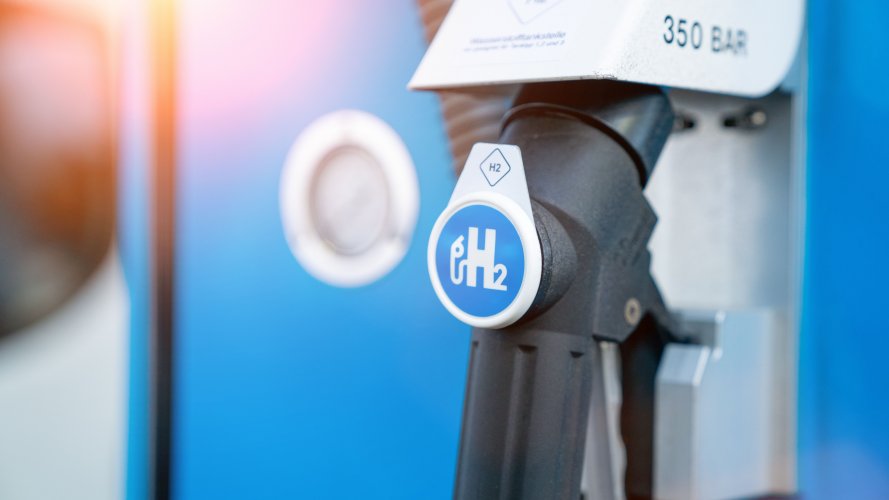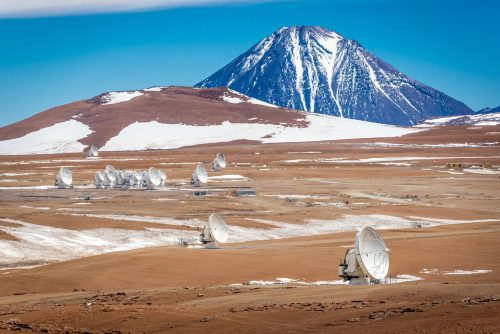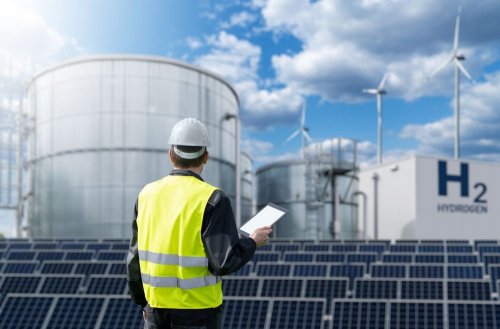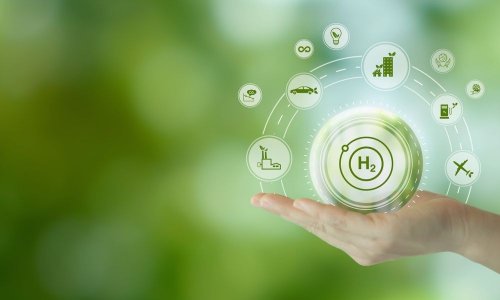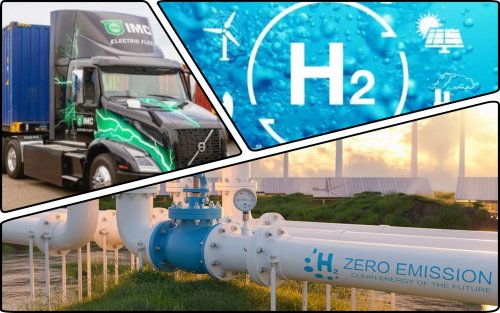A network of more than 100 heavy-duty hydrogen stations will be built on major roads in Belgium, the Netherlands and Luxembourg (the Benelux political and economic union), as well as in Germany.
This is a joint project of Air Liquide and TotalEnergies, reports Gasworld.
The article emphasized that such a network will help facilitate access to hydrogen and accelerate the development of its use for transporting goods throughout the European continent.
The companies announced the new project shortly after signing an agreement to produce renewable hydrogen at the Grandpuits Zero Crude Platform, a facility that will include a biorefinery facility, a bioplastics plant and a plastics recycling plant.
According to the European Environment Agency (EEA), in 2020 greenhouse gas emissions from road transport in the EU accounted for 77% of all GHG emissions from transport in the bloc. According to forecasts, the development of hydrogen filling stations by 2050 will be able to provide about 20% of the total mixture of transport fuel.
Mathieu Giard, vice president and member of the executive committee of Air Liquide Group, who oversees hydrogen activities, noted that H2 offers clear advantages for heavy-duty vehicles.
"In order to promote its widespread use, it is necessary to accelerate the development of refueling infrastructure and offer vehicle manufacturers and transport operators a fairly dense network of stations," he said. "This is exactly the ambition of this joint venture, which will benefit from the additional experience of Air Liquide and TotalEnergies."
The material emphasized that Air Liquide will use its expertise in the development of the hydrogen value chain, while TotalEnergies will take a leading role in the operation and management of the station networks and energy distribution.
"As pioneers of hydrogen mobility, we are convinced of the need to start building a powerful network that will benefit our customers," said TotalEnergies President of Marketing and Services Thierry Pflimlin.
It is noted that the creation of the network can begin in 2023, once the companies complete the preparation of contractual documentation.
Earlier, EcoPolitic wrote, that theleaders of the aerospace industry consider green hydrogen to be a promising eco-fuel for airplanes, satellites and spaceships.
As EcoPolitic previously reported,7 US states have formed the Midwest Hydrogen Coalition to produce and use H2 for several decarbonization purposes, including trucks, cargo ships, and Great Lakes ferries.

